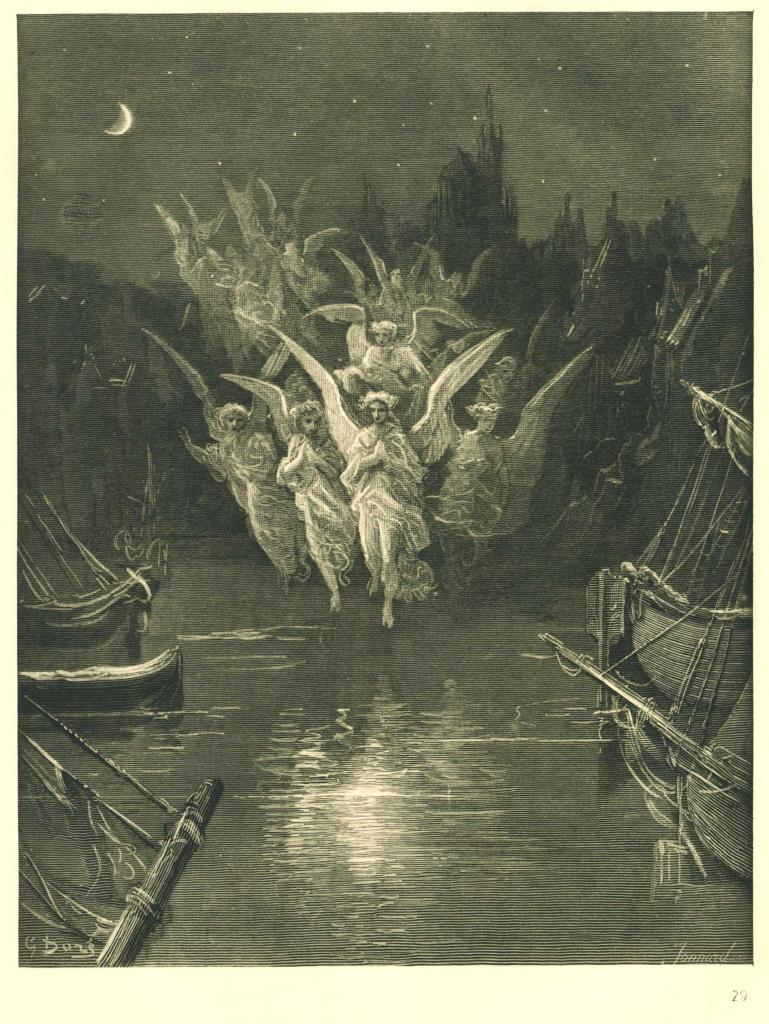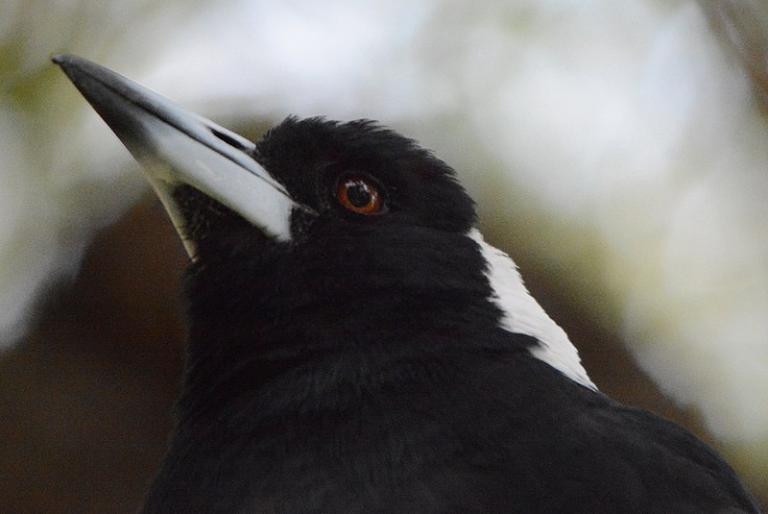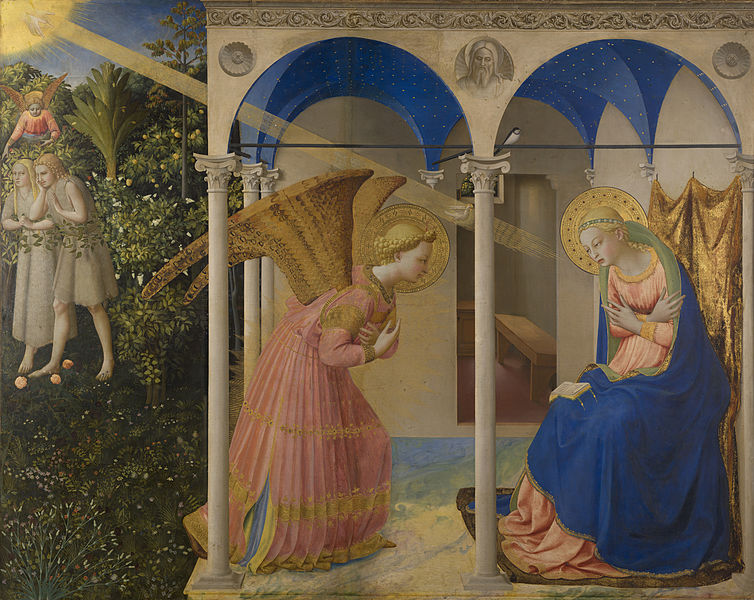David Russell Mosley
Christmastide
30 December 2014
The Edge of Elfland
Hudson, New Hampshire
Dear Friends and Family,
I’ve been thinking about godparenthood lately. My own boys don’t yet have godparents, the Restoration Movement having no real place for this in its liturgical or ecclesiological practices. Nevertheless, I am drawn to this practice. There is a beauty to it, this notion that your children have other parents, not merely to raise them should something happen to their natural parents, but to help raise them in the faith. Which leads me to the purpose of this letter, to consider, what is the role of the fairy Godmother (it is nearly, so far as I know, always a woman). I will write a series of letters discussing the way fairy godmothers function in their stories. To begin, then, we must try to understand what a godparent is.
Catherine Pickstock in her excellent book After Writing has this to say about Godparenthood:
‘Godparenthood, in the high Middle Ages, was more than a metaphor; it was one of the most immediate forms of kinship. Although the parenting was spiritual, it was no less a real parenting, so real, in fact, that marriage between godparent and godchild was forbidden by the barrier of incest. Its principle was that of compaternitas, which affirmed that a godparent was kin not only to the child, but to his natural family as well. It represented the creation of a formal ritual friendship, symbolized by gifts and festivals, to which natural kinship could only aspire. And such psuchic parenting, or care for the soul, was the very thing which mediated between blood relations and the wider community. The principle of compaternitas, or development of a society structure based upon contractual “bonds”‘1 (143).
A godparent, argues Pickstock, is now in a real relationship with their godchild. There is, through the rites and rituals––and, note well, the gifts––, a bond created, not unlike that of the bond of marriage between the godparent and the godchild’s family. There are many elements both from the passage in Pickstock and in godparenthood’s history that are worth studying. However, there are three key aspects I want to focus on: first is the gift-giving aspect that solidifies the relationship between godparent and child, and this plays out in fairy tales; the second is the kinship that is forged between godparent and child; and the final is the ‘psuchic parenting’ this care for the soul aspect of godparenthood.
I will look at these aspects in a few key stories: Cinderella and Sleeping Beauty as instances in more ‘traditional’ fairy tales; and The Light Princess and the Curdie stories by George MacDonald. So join me as we examine fairy godparenthood and what role Faërie plays in raising us in the faith.
Sincerely yours,
David
1 Pickstock, After Writing, 140.












